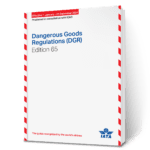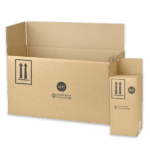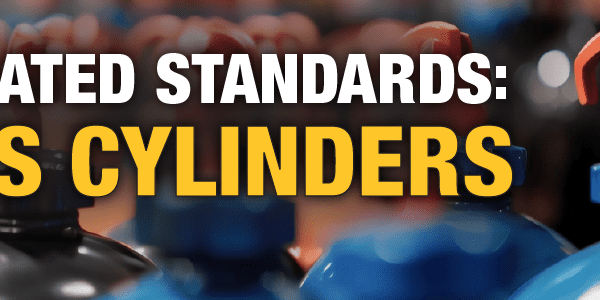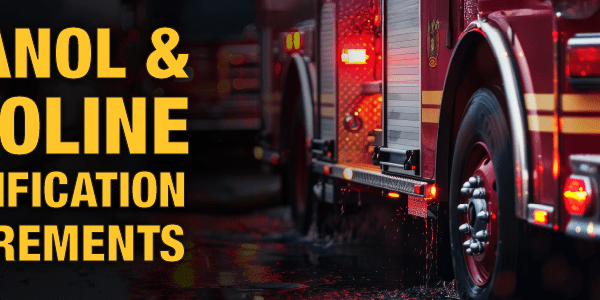
Pack your bags – Prohibited Dangerous Goods
Ensuring the safety of passengers and crew members is a top priority for airlines and aviation authorities. To maintain security during air travel, certain dangerous goods are strictly prohibited from being carried on board. Understanding these regulations is essential for every traveler. Let’s look at what the regulations say about prohibited dangerous goods while flying.
Explosives and Flammable Substances: Explosives, including fireworks, dynamite, and flares, are strictly forbidden on airplanes. Flammable substances like gasoline, lighter fluid, and aerosol cans containing flammable materials are also prohibited. These items pose a significant risk and must never be packed in either carry-on or checked baggage.
Firearms and Ammunition: Firearms, such as handguns, rifles, and shotguns, are generally not allowed in the cabin. However, if you need to travel with a firearm, you must declare it to the airline and follow specific procedures for transporting it as checked baggage. Ammunition must also be properly declared and transported in accordance with airline and regulatory guidelines.
Sharp Objects: Various sharp objects are prohibited in carry-on baggage due to the potential danger they pose. These include knives, box cutters, straight razors, and scissors with blades exceeding a certain length. However, rounded tip or plastic knives, as well as scissors with blades shorter than 4 inches, may be allowed in carry-on bags. It is essential to review the specific guidelines and regulations set by the TSA or your airline.
Compressed Gas Cylinders: Compressed gas cylinders, such as scuba tanks, propane tanks, and camping gas canisters, are generally prohibited on airplanes. These containers pose a risk of explosion or leakage, making them unsafe for air travel. However, some exceptions may apply for medical devices or items approved by the airline and properly packaged.
Hazardous Chemicals and Materials: Certain hazardous chemicals and materials, such as corrosives, toxic substances, and radioactive materials, are strictly forbidden on airplanes. This includes items like acids, bleach, pesticides, and radioactive isotopes. Proper handling and disposal of these substances are crucial for the safety of everyone on board.
Lithium Batteries: Lithium batteries, commonly found in electronic devices, have specific regulations due to their potential fire risk. Spare or loose lithium-ion or lithium-metal batteries are generally prohibited in checked baggage and must be carried in carry-on luggage only. There are limitations on the size and quantity of these batteries, so it’s important to consult the TSA guidelines or your airline for precise information.
Understanding and adhering to the regulations regarding prohibited dangerous goods is vital for a safe and hassle-free travel experience. Explosives, flammable substances, firearms, sharp objects, compressed gas cylinders, hazardous chemicals, and certain batteries are strictly prohibited on airplanes. It is essential to familiarize yourself with the specific guidelines provided by the TSA and your airline to ensure compliance and prioritize the safety of everyone on board. By being informed and responsible, you can contribute to a secure and enjoyable journey.
ICC is passionate about keeping us all safe when handling, storing, manufacturing, or transporting dangerous goods. Our team can help your business stay compliant and informed through our resources and products. Contact us to learn more about the ICC difference.
Safe travels!
Stay up to date and sign up for our newsletter!
We have all the products, services and training you need to ensure your staff is properly trained and informed.
 Shipping Dangerous Goods Shipping Dangerous Goodsby Air |
 IATA Dangerous IATA DangerousGoods Regulations |
 4G UN Combination Boxes 4G UN Combination Boxes |






 ICC USA
ICC USA ICC Canada
ICC Canada